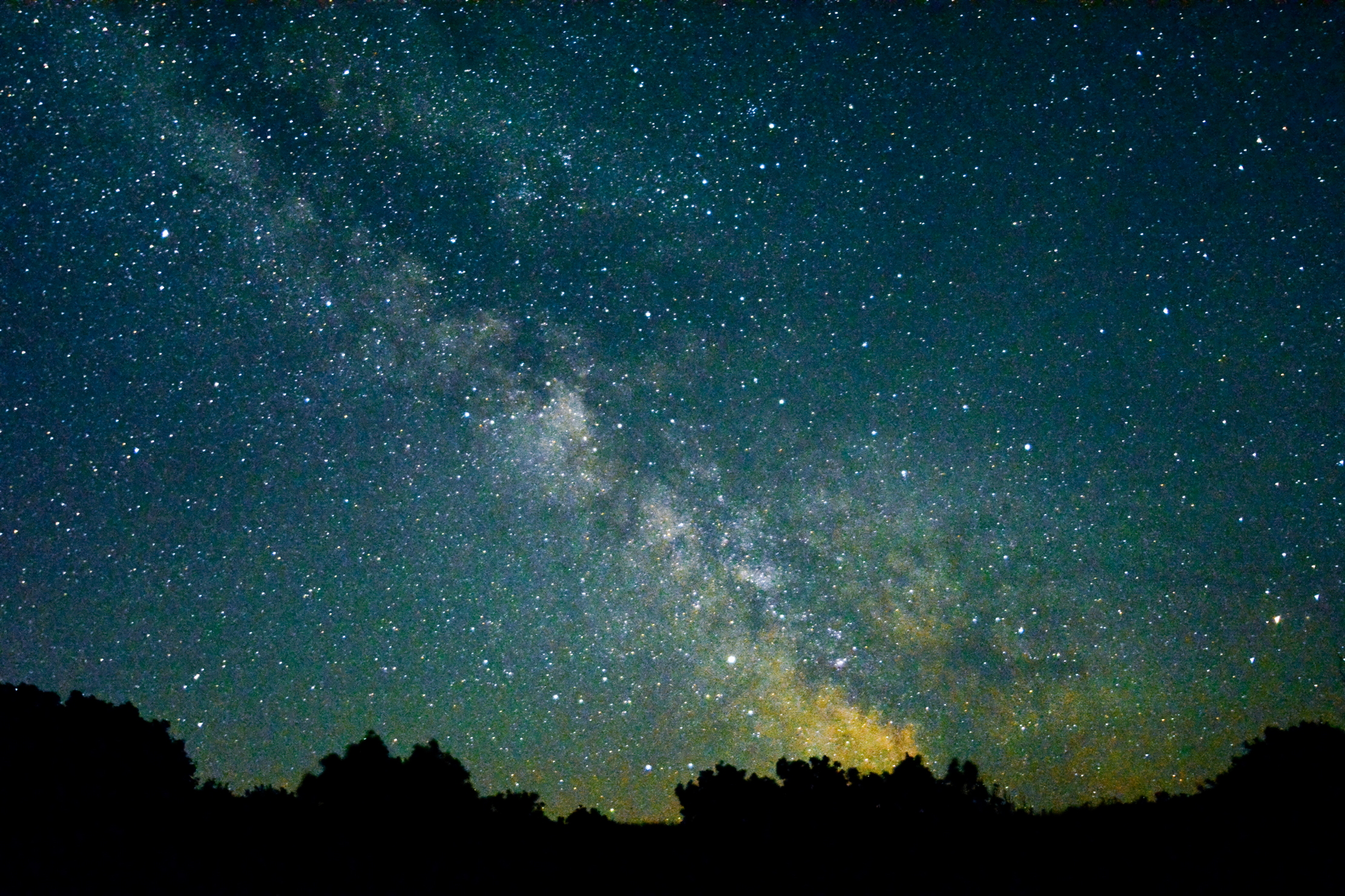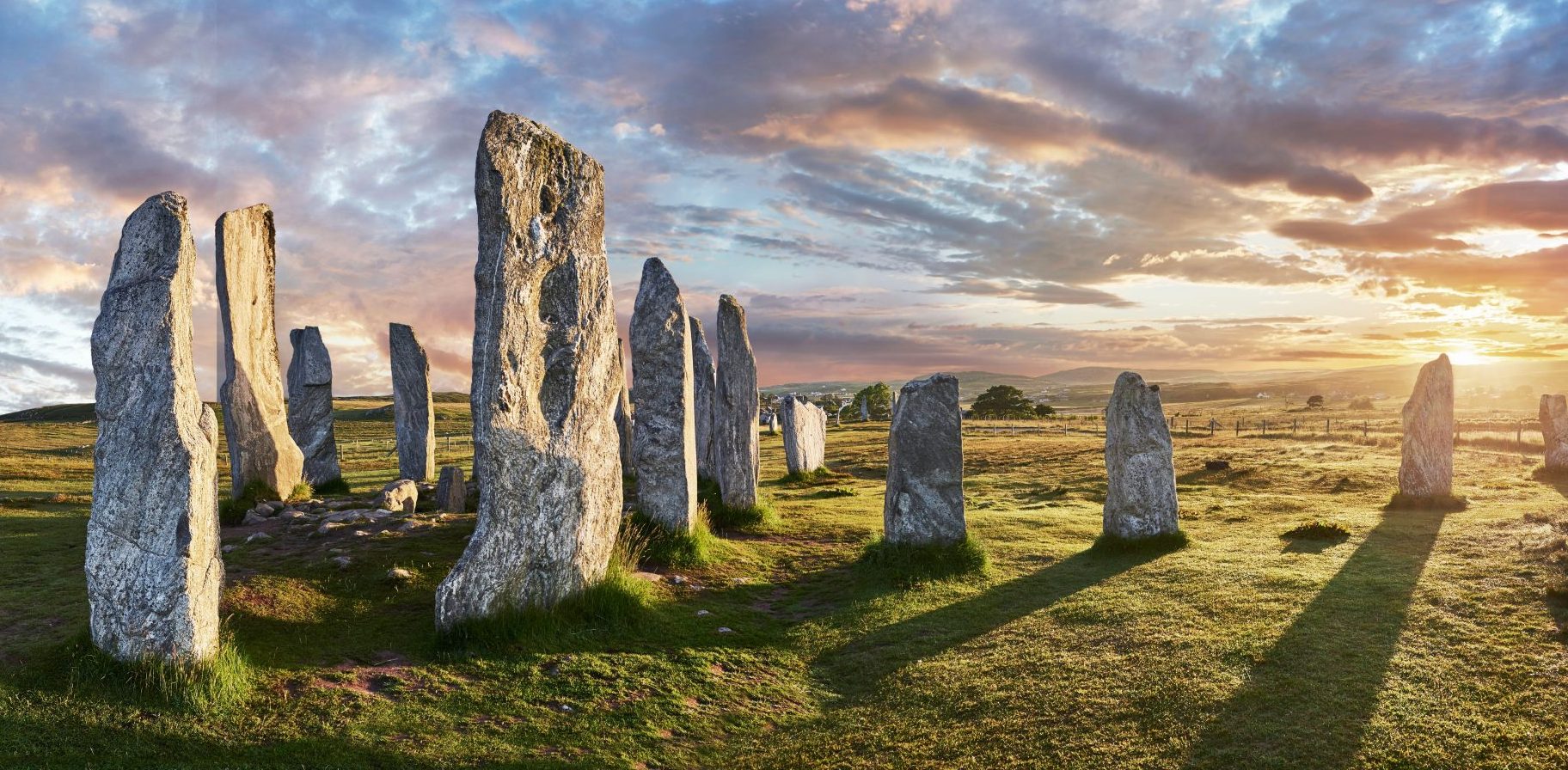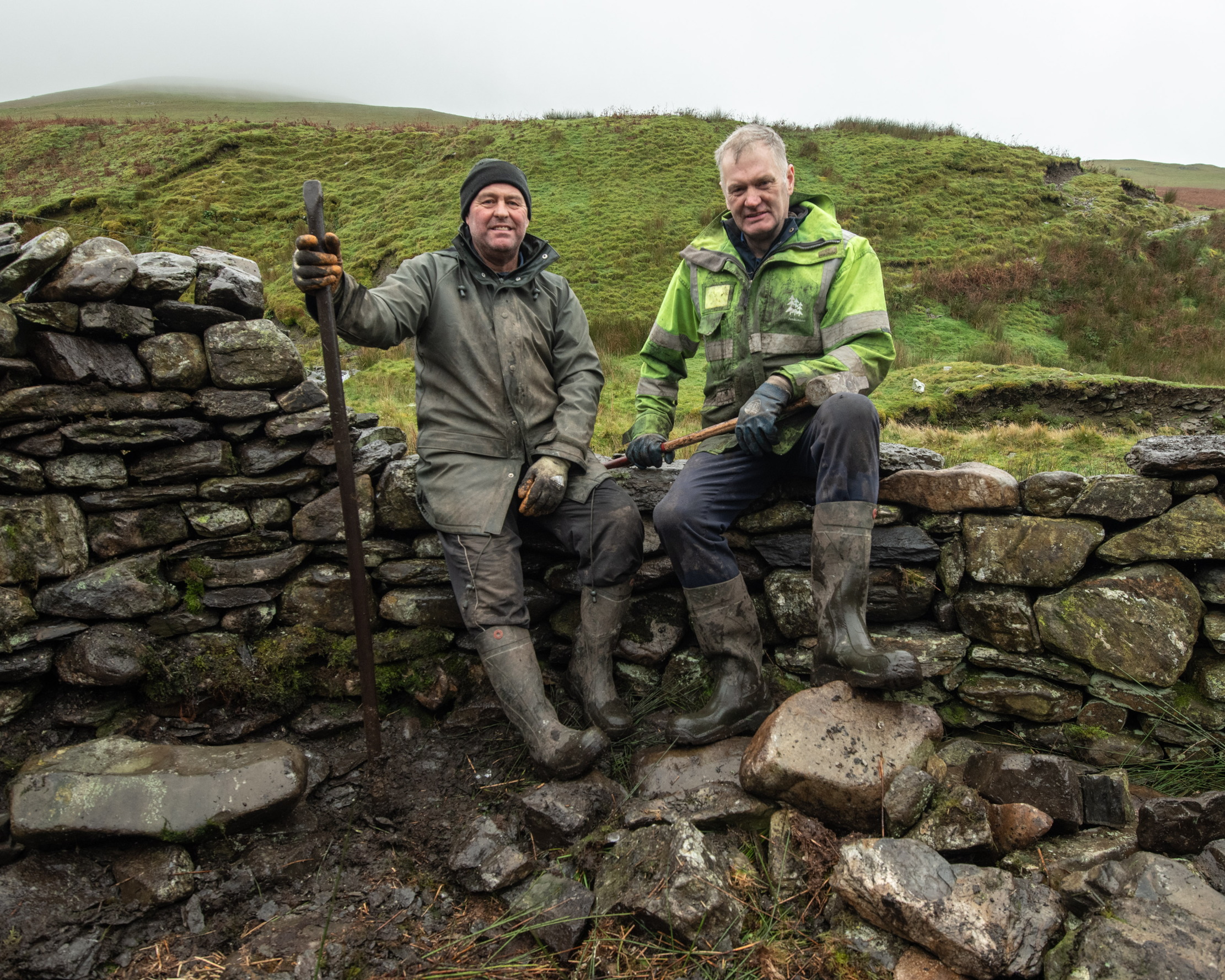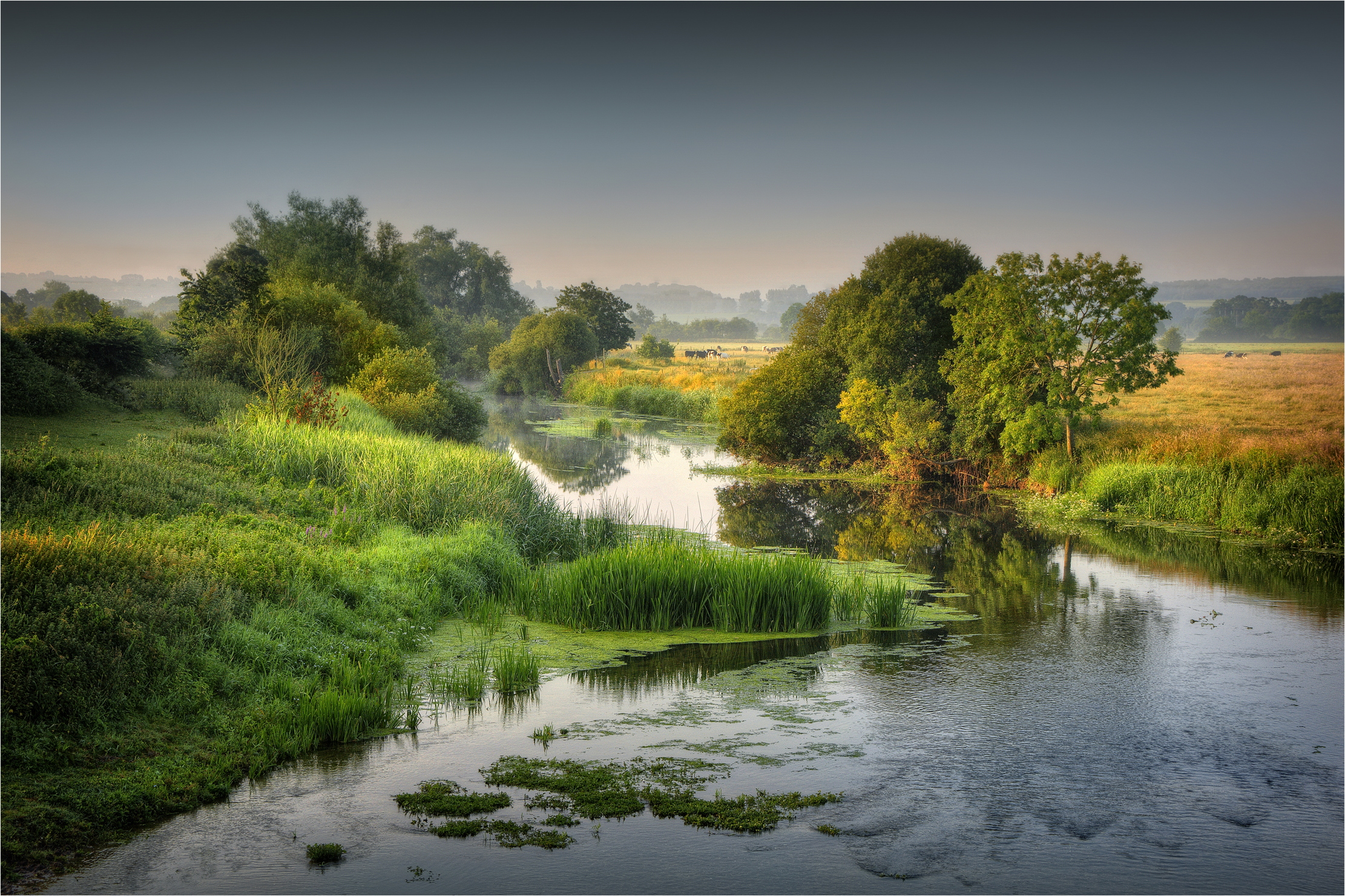'Disconnected from our heritage' — conservation charity warns that more must be done to tackle light pollution
According to CPRE, The Countryside Charity, most of us can't see the stars correctly, and is calling on government to help fight back.


Exquisite houses, the beauty of Nature, and how to get the most from your life, straight to your inbox.
You are now subscribed
Your newsletter sign-up was successful
Normally, at this time of year, CPRE: The Countryside Charity (CPRE) directs our gaze heavenwards, as it asks the public to take part in its yearly Star Count — the biggest annual citizen-science project of its kind. This year, however, in order to focus resources and energy on getting those in (and out of) Government to pay attention to the priorities outlined in its manifesto ahead of the General Election, there will be no Star Count (but please do stargaze all the same).
Data from 2023 showed that only 5% of British people are able to enjoy a dark, starry sky due to light pollution and 75% have an obscured view. As well as affecting our sleep, health and wellbeing, light pollution confuses migrating birds (sometimes fatally) and plays havoc with the reproductive, feeding and sleeping patterns of pollinating insects, bats and other nocturnal animals. The CPRE believes that local authorities should have legal powers to control light pollution through planning regulations.
‘Starry skies are one of the most magical sights our countryside has to offer. But, sadly, light pollution means most people in England can’t see many stars at all, especially if you live near aa big town or city. It is like a veil of light being drawn across the night sky, disconnecting people from such an important part of our heritage,’ explains Emma Marrington, CPRE spokesperson. ‘Action to reduce light pollution is needed now by government nationally and locally, so that more people can benefit now and in the future.’ Included in the charity’s manifesto is a call for more rooftop renewables, particularly solar panels, on buildings such as warehouses and car parks, which could become ‘clean power stations’, taking advantage of ‘opportunities to generate huge amounts of cheap, low-carbon electricity on rooftops in every part of the country’.
The CPRE also wants continued protection for the green belt, ‘a new generation of regional and country parks’ and more farmland covered by Environmental Land Management Schemes for biodiversity. An interactive dark-skies map and the CPRE’s general manifesto can be found on the charity’s website (www.cpre.org.uk).

Stonehenge, Avebury and the stone circles of Britain, with Professor Vicki Cummings
One of Britain's top experts on stone circles, Professor Vicki Cummings, joins the Country Life podcast.

Meet the dry-stone wallers who restored a 300-year-old sheep pen in Cumbria
Craftsmen Steven Allen and Trevor Stamper hope restored this historic sheepfold as part of a wider campaign to help support

Credit: Getty Images
Exquisite houses, the beauty of Nature, and how to get the most from your life, straight to your inbox.
83% of England's rivers show 'high pollution' levels as sewage and agricultural waste flow into the waterways
Data collected by more than 640 anglers across the country have found that our rivers are in a perilous state.

Credit: Bramley Motor Cars/Autotrader
The Queen's old Range Rover — one which she used to pick up the Obamas — has come up for sale
This SDV8 Autobiography model was specially prepared by Land Rover and used by the Royal Household, and could now be
Annunciata is director of contemporary art gallery TIN MAN ART and an award-winning journalist specialising in art, culture and property. Previously, she was Country Life’s News & Property Editor. Before that, she worked at The Sunday Times Travel Magazine, researched for a historical biographer and co-founded a literary, art and music festival in Oxfordshire. Lancashire-born, she lives in Hampshire with a husband, two daughters and a mischievous pug.
